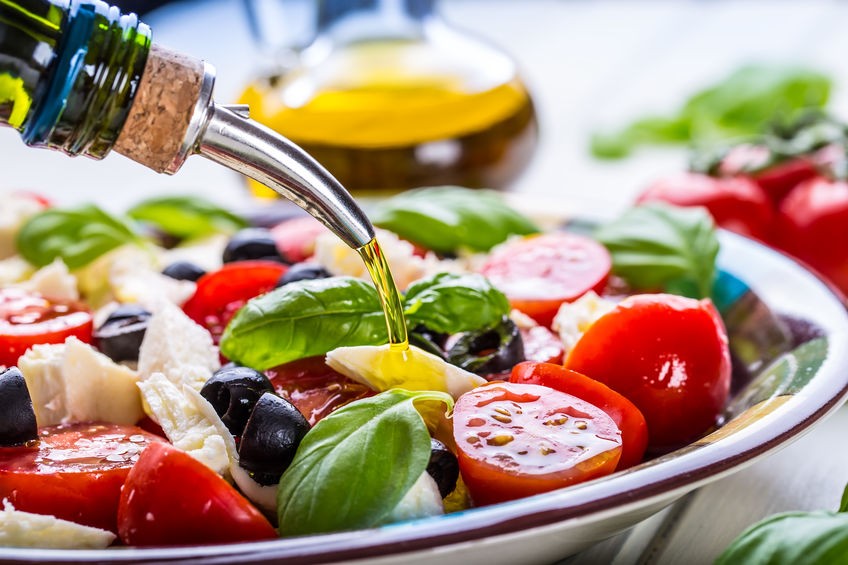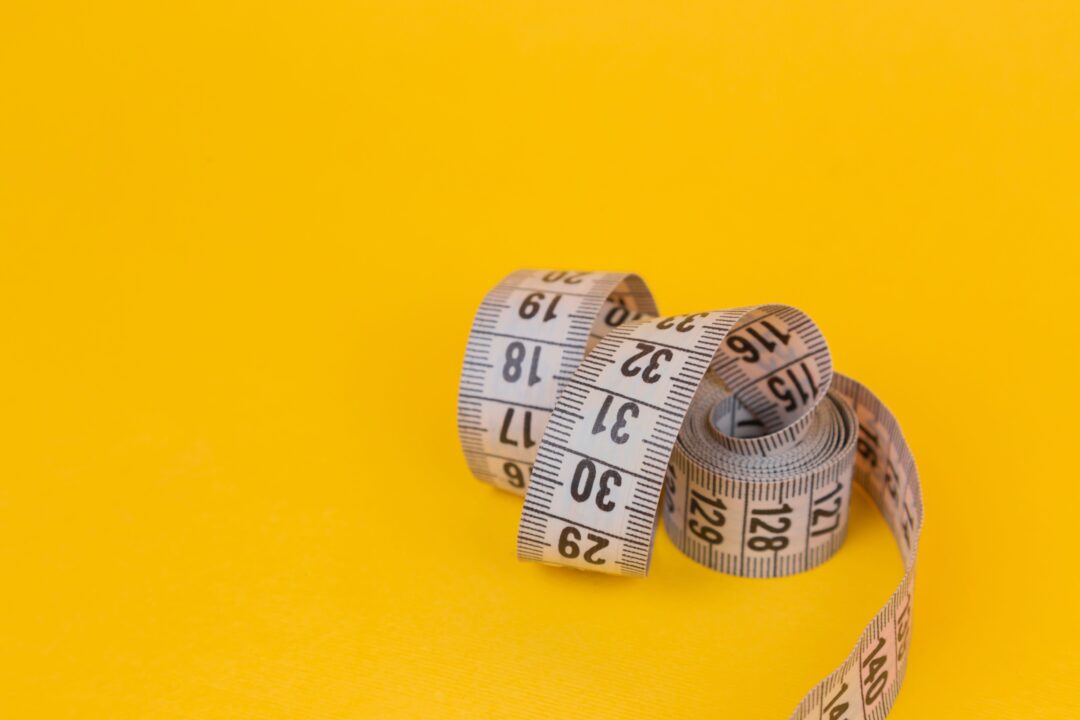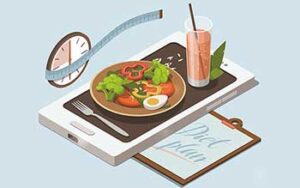Struggling to achieve lower blood pressure readings? Not sure why your readings are so high? Read on to find some answers.
According to the World Health Organisation an estimated 1.13 billion people worldwide suffer from hypertension (high blood pressure). Hypertension is defined as having a sustained blood pressure of 140/90mmHg or above.
Why might you be struggling to achieve lower blood pressure readings?
Risk factors (something that increases the chance of developing a disease) for high blood pressure are:
- Being overweight and poor diet
- Lack of exercise
- Excessive alcohol consumption
- Smoking
- Family history
- Age (the risk of developing high blood pressure increases with age)
People of Afro-Caribbean and South Asian origin (Indian, Pakistani, and Bangladeshi) are more likely to develop high blood pressure than other ethnic groups. The reasons behind this are still being researched, however some theories are the increased risk is due to genetics and lifestyle.
Furthermore, having high blood pressure is a risk factor for many cardiovascular diseases such as coronary heart disease, strokes, heart attacks, diabetes and kidney disease. If you lower your blood pressure you will reduce the risk of these diseases.

How can I control my blood pressure?
The most effective way to reduce your blood pressure reading and lower your risk of developing certain cardiovascular diseases are making changes to your lifestyle. For example:
- Eating a healthy balanced diet
- Lose weight (if you are overweight)
- Regularly exercising
- Reducing your alcohol consumption
- Medicine can be used in some cases (always consult with your doctor)
How can I alter my diet to lower my blood pressure?
- One of the main culprits in the diet that leads to high blood pressure is a high salt intake (you should consume no more than 6g of salt per day). Therefore, a very simple swap you can make on a large percentage of food purchases is reading the label (see our article on how to do this) and choosing the option containing less salt.
- There is a strong correlation between eating 5 portions of fruit and vegetables per day and lower blood pressure.
- Avoiding too much alcohol, saturated fat and sugars in the diet.
- Follow one of our healthy meal plans to help you make the right choices.
| Product that in excess would raise high blood pressure | An alternative |
| Salt | Spices, fruit juices, marinades or garlic. |
| Avoid canned soup and tinned vegetables | Making your own home-made soups and using frozen vegetables. |
| Condiments high in salt such as salad dressings | Vinaigrettes and oil dressings |
| Cured meats | Fresh meats or fish |
| Products in brine | Products in spring water or oil. |
| Alcoholic drinks | This is a personal preference, but a simple step is reducing the portion size you consume e.g a small glass of wine as opposed to large. Swap for a non-alcoholic alternative. |
Top tips to help maintain the lifestyle changes
- Home cooked meals mean you have much more control over the ingredients used.
- Adding less salt to dishes as you cook, means individuals can add salt to their taste when the foods is on the table.
- It is possible obtain low salt alternatives, however these are often high in potassium which can interact with certain medicines, so consult your doctor before making these changes.
- Don’t try to make all the changes at once and make sure you stick with the changes you do make as it may take time for your taste buds to adjust.
Conclusion
Although it requires some lifestyle and diet changes it is possible to lower your blood pressure without going on medication (always discuss with your doctor). Follow our healthy diet plans to start your healthy eating journey today.
Studies discussed in the article
Title- Management of hypertension in ethnic minorities
Author- Jawad M Khan and D Gareth Beevers
Link- https://www.ncbi.nlm.nih.gov/pmc/articles/PMC1769018/




2 Comments
[…] To find out more about blood pressure and how to lower it you can read our article here. […]
[…] contains magnesium and potassium; both these compounds help blood vessels relax which in turn lowers blood pressure. Lower blood pressure helps support your cardiovascular system. Read our article here on other ways […]